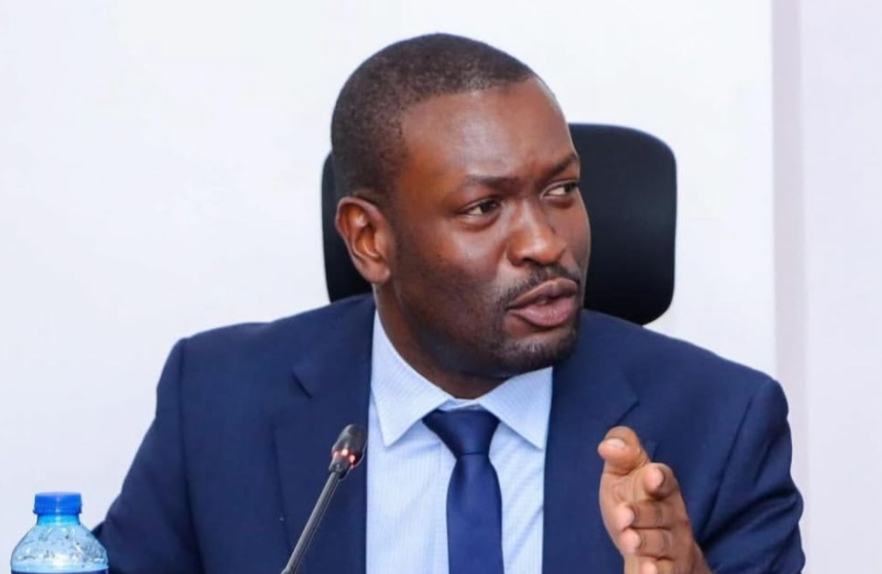
In a medical first for the country, Moroccan doctors have successfully performed a kidney transplant between a donor and recipient with incompatible blood types, a procedure rarely attempted even in top hospitals worldwide.
The operation, carried out at the Mohammed VI Foundation for Sciences and Health, brought together a multidisciplinary team including anesthesiologists, nephrologists, urologists, hematologists, immunologists, and vascular surgeons.
The Mohammed VI Blood Center also played a crucial role in supporting the complex procedure. International expertise was provided by French Professor Lionel Rostaing, a leading authority on intricate transplant operations.
“This success represents a major milestone for Moroccan medicine,” said sources from the foundation.
“It opens the door to transplant opportunities previously restricted by blood compatibility, offering hope to patients who had few options.”
The procedure, known as an ABO-incompatible kidney transplant, allows for the expansion of eligible recipients beyond traditional donor-recipient matches. Experts say this advancement could be transformative not only for Morocco but also for other African countries struggling with donor shortages.
By overcoming blood type barriers, the operation demonstrates the power of a coordinated, multidisciplinary approach combined with international collaboration.
It underscores Morocco’s emerging role as a hub for medical innovation on the continent.
“This is a significant step forward,” added the foundation. “It shows that with expertise, planning, and global cooperation, complex medical challenges can be successfully addressed in Africa.”
The success also highlights the growing importance of sophisticated healthcare infrastructures and research partnerships, as African nations seek to strengthen their capacity to treat complex conditions locally rather than relying on treatment abroad.
Observers note that such achievements not only improve patient outcomes but also elevate Morocco’s standing in the global medical community, signaling a promising future for transplant medicine in the region.



